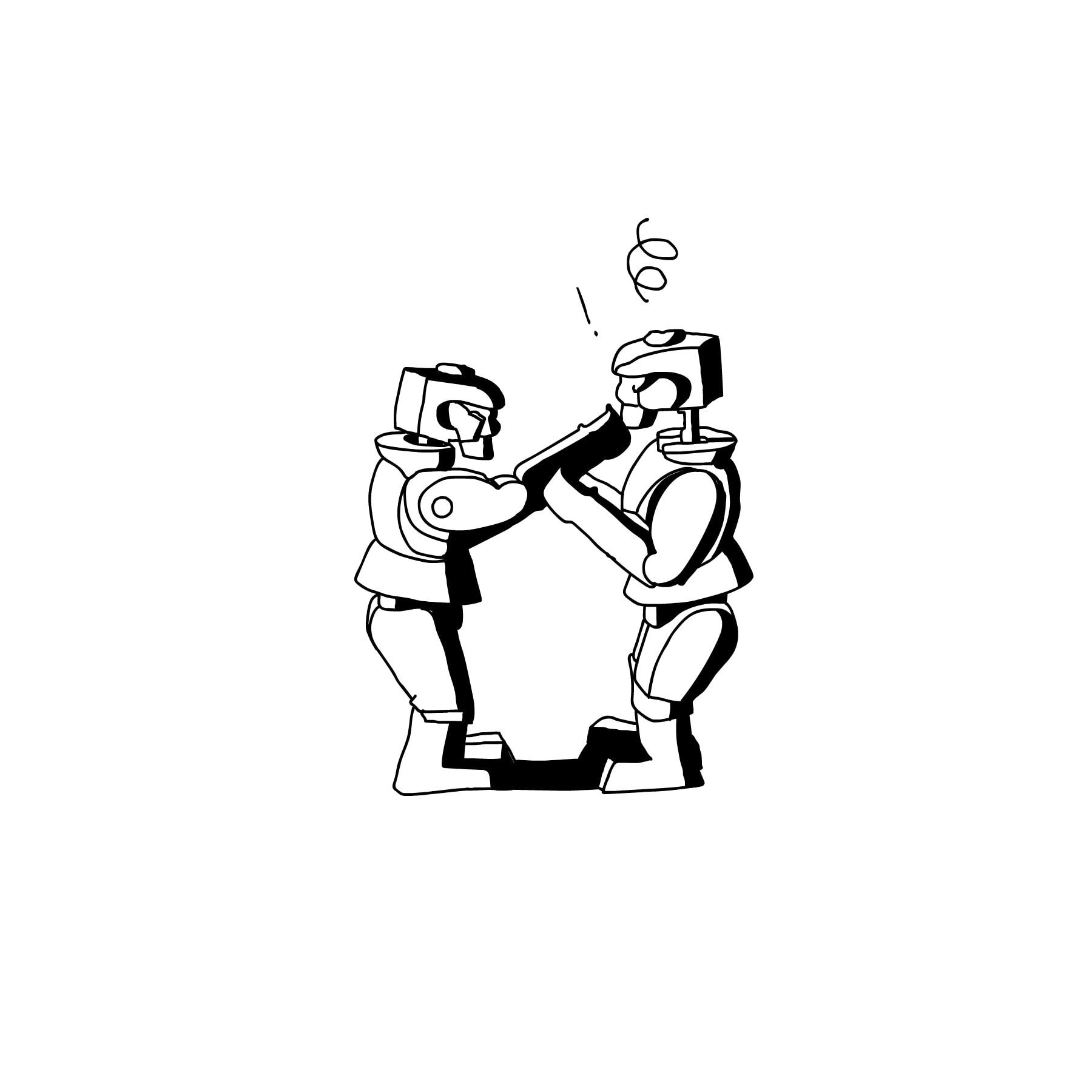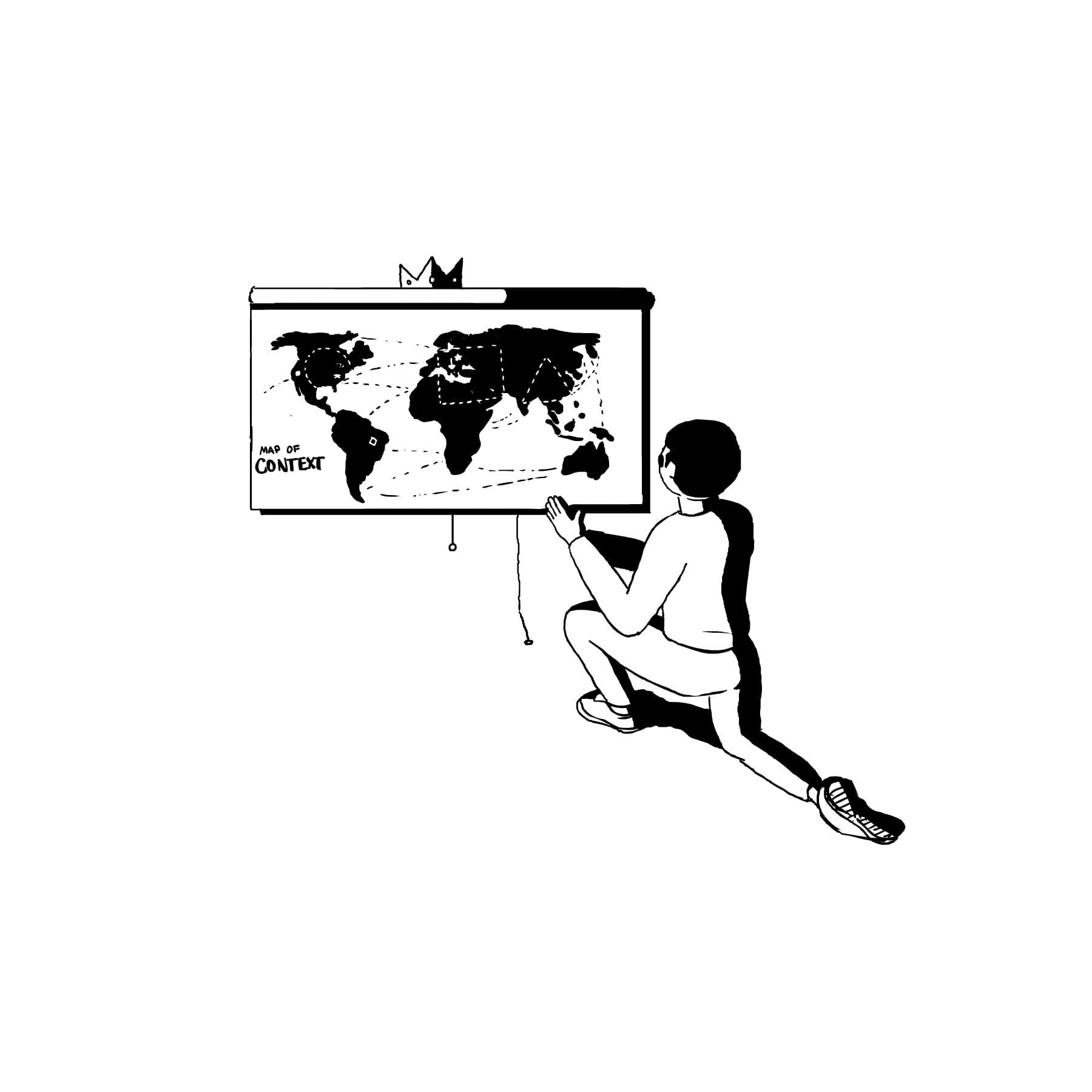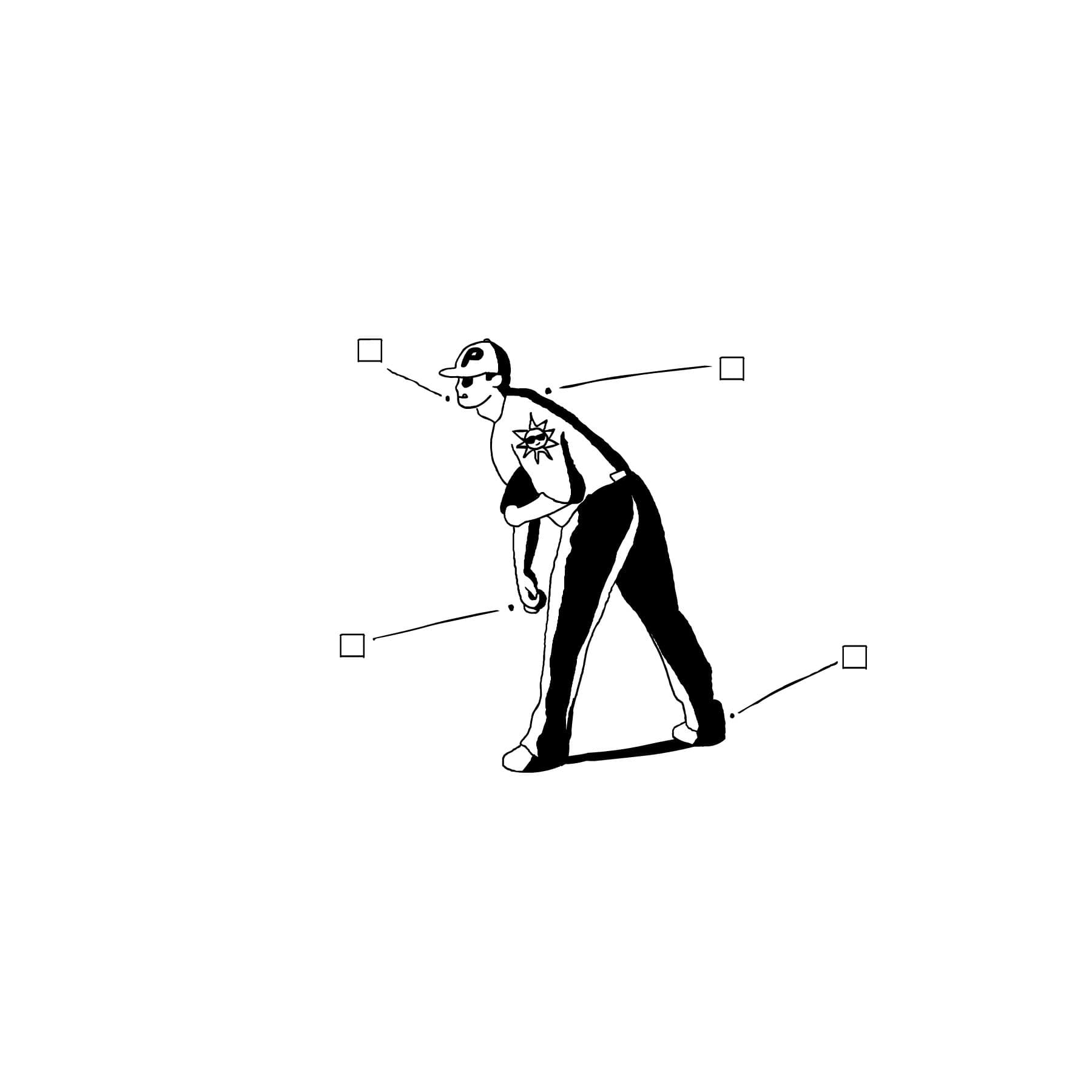Robots all the way down, baby.
Robot, meet robot.
Published Jun 25, 2024
Author Steve Berry

Out of sheer convenience and frustration with the awful user experience at most drugstores in my area, I recently transferred some of my prescriptions to Amazon Pharmacy. What I didn't realize, until my local pharmacist brought it up, is that Amazon is using AI to handle these prescription transfers. Traditionally, one pharmacy called the other pharmacy and transferred the prescription. Now, Amazon robots are flooding pharmacies with AI calls. It's an asymmetry of automation—meatbag on one side, robot on the other.
Bumble is planning to use an AI concierge to converse with prospective matches for you. You just input your preferences, and the robot notifies you when it thinks it has a suitable fit. Super handy for the robot wielding but a weird hassle for the human on the other side.
I've been working with this company Allora, and the CEO, Nick Emmons, talks a lot about reducing coordination costs to bring more things to market. If one side of a dating app has an AI concierge and the other doesn't, the human side still bears a high coordination fee. But if both sides have AI concierges, they can duke it out, matching preferences with precision and speed. The coordination cost for both individuals drops significantly because you only interact with suitable matches.
AI is fundamentally changing how we interact with each other. The coordination cost, once a significant barrier, is becoming negligible. In this new reality, convenience reigns supreme, and the efficiency of AI-driven interactions will reshape our daily lives. We're on the brink of a future where robots handle coordination at scale.







